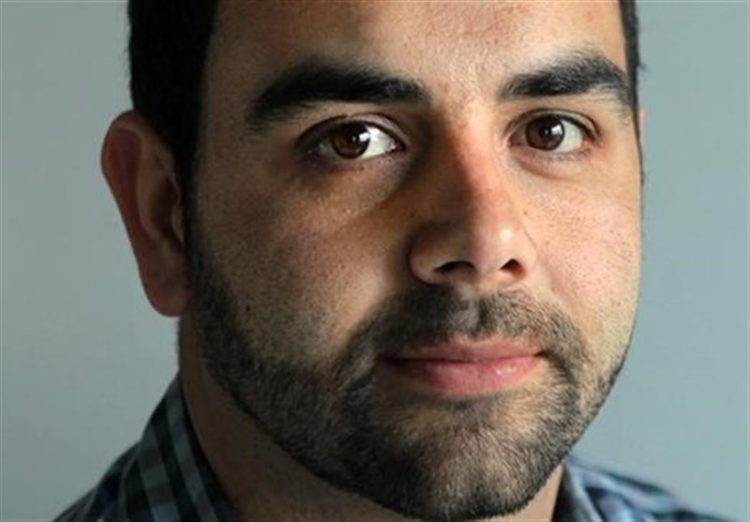By Aaron Miller-
Top United Nations rights officials on Thursday have urged Israel to reverse its controversial decision to deport Human Rights Watch’s local chief, warning that the decision “threatens advocacy, research and free expression for all and reflects a troubling resistance to open debate.”
A statement released by the office of the UN High Commissioner for Human Rights, officials claimed the move to kick out Omar Shakir appeared to be “tied directly to his human rights advocacy, and has nothing to do with any assertion of illegal conduct.”
Human Rights Watch has called the decision “a setback for the rights of human rights defenders in Israel and the Occupied Palestinian Territory.” The statement was issued by Michael Lynk, Special Rapporteur on the situation of human rights in the Palestinian Territory, Michel Forst, Special Rapporteur on the situation of human rights defenders and David Kaye, Special Rapporteur on the promotion and protection the right to freedom of opinion and expression.
DEPORTATION
It comes after an Israeli Court upheld the Shakir’s deportation and ordered him to leave the country within tweo weeks. The Jerusalem District Court rejected an appeal by Shakir to remain in the country, citing his ongoing support of boycotts of Israel during his time in the country.
Israel enacted a law in 2017 barring entry to any foreigner who “knowingly issues a public call for boycotting Israel.” Shakir, a U.S citizen, has worked as the New York-based group’s Israel and Palestine director since October 2016. Shakir’s deportation in May 2018 was ordered by the interior minister, calling him a “boycott activist.”
The court said that Shakir “continues his actions publicly to advance a boycott against Israel, but it’s not on the stages at conferences or in university panels, rather through disseminating his calls to advance a boycott primarily through his Twitter account and by other means.”
Human Rights Watch said neither the organisation nor Shakir promotes Israel boycotts, but has called for companies to cease operations in West Bank settlements because they “inherently benefit from and contribute to serious violations of international humanitarian law.”
The court clarified the position of the law as applying to boycotts of “areas under [Israel’s] control,” namely the West Bank, not just of Israel proper. Human Rights Watch said in a statement that the court’s ruling “threatens the ability of all Human Rights Watch staff members to access both Israel and the West Bank.”
The UN officials on Thursday said: “The ability of human rights organizations and defenders to actively engage in civil society work to defend and advance the principles guaranteed in the International Bill of Human Rights is a litmus test for measuring the respect for democratic liberties in any society.
“Stifling these liberties undermines any government’s claim to respect fundamental freedoms and values.” Michael Lynk himself has in the past called for economic sanctions against Israel to end its control of Palestinian territories. Former US ambassador to the United Nations Nikki Haley said in 2017 Lynk’s remarks “underscore the Human Rights Council’s chronic anti-Israel bias.




